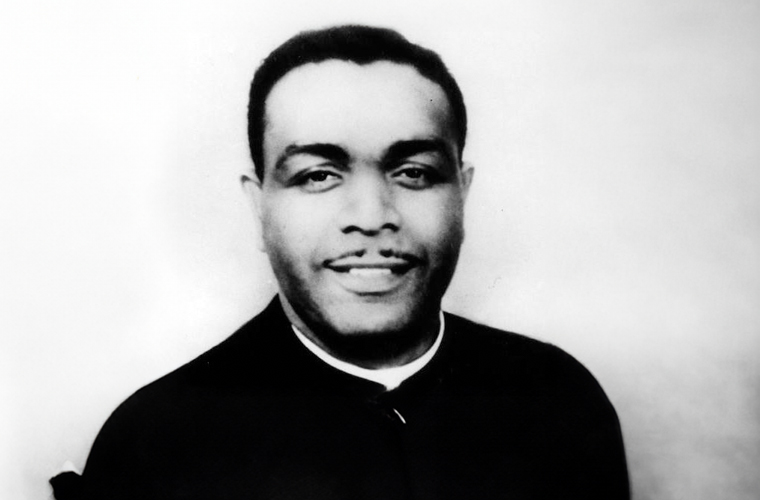In the landmark case of Brown v. Board of Education, Oliver Brown played a pivotal role in the fight for desegregation in the United States. The case, which was heard by the Supreme Court in 1954, challenged the notion of “separate but equal” education for African-American students.
Oliver Brown was an African-American man living in Topeka, Kansas. At the time, Topeka had a policy of segregating its schools, with African-American students attending separate schools from their white counterparts. Brown’s daughter, Linda, was forced to attend a school that was further away from their home than the white school, simply because of her race.
Brown, along with several other parents, decided to challenge the segregation policy in court. They argued that separate schools were inherently unequal and violated the 14th Amendment of the Constitution, which guarantees equal protection under the law.
The case made its way through the courts, with the Supreme Court ultimately hearing arguments in 1952. In a unanimous decision, the Court ruled that segregation in public schools was unconstitutional. The decision overturned the previous “separate but equal” doctrine established in the 1896 case of Plessy v. Ferguson.
The Brown v. Board of Education decision was a major victory for the Civil Rights Movement and paved the way for further desegregation efforts throughout the country. It also served as a catalyst for other legal challenges to segregation, including the Montgomery Bus Boycott and the Selma to Montgomery marches.
Despite the importance of the Brown v. Board of Education decision, its implementation was slow and met with resistance in many parts of the country. It would take several more years and additional legal battles before desegregation became a reality in many schools.
Today, Oliver Brown’s legacy lives on as a symbol of courage and perseverance in the fight for equal rights. His willingness to challenge unjust laws and fight for his daughter’s education helped to change the course of history and inspire generations to come.

